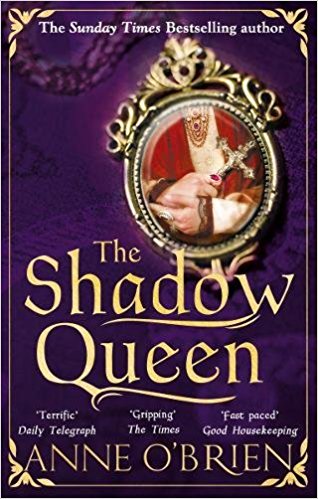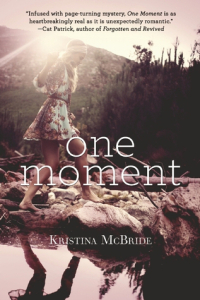
This is a fictional account of the life and loves of Joan of Kent, one of history’s lesser known influential women, whose matrimonial and political experiences had a significant effect on the history of England, Wales and parts of France. Her royal birth and her life choices involved more than one Pope as her husbands and sons gained and lost power in the medieval world of marriages and diplomacy. There are times when it is difficult to remember where the action of the novel fits in with the overall history of the time, so it is fortunate that there are some genealogy tables in the front of the book. This is not a period of history that has been extensively tackled in fiction, in my experience, which gives O’Brien a lot of space to produce her own perspective of the “Fair Joan”.
The first sight of Joan is of a self centred girl who has a high sense of her worth as a beautiful royal woman, whose birth places her near to the royal family in the person of the King, Edward, and his loving wife Philippa. As the story of her life is recounted in the first person, we know that she has grown up with the royal princes and the upper aristocracy, but that her first love is a man of more ability than position. Her early choice means that she must stand against many adults who wish to steer her marriage prospects, and it is perhaps difficult to believe that such a young woman could stand against those who were determined to dictate her fate. Joan comes over as a tough soul, calculating her chances of success, less romantic perhaps than ruthless. Her preservation of legal paperwork is unusual, but proves significant in later days. She does not always gauge the mood of those around her correctly, but later love does come into her life and determines her actions. Her stubborn determination to see her son come to the throne dominates the latter part of the book, and the close of the novel is a little curious as there is more to describe, more left to experience.
I enjoyed the way this book was written, as many of the characters do live on the page and in some ways Joan is not always the most sympathetic. The book seems well researched, and the settings, which are listed in the back, convincingly described. The book held my attention, as there was much to learn from it, though at no point was it didactic. Rather it swept along, a little gloomy, but realistic. I admired the way that most of the women were strong, especially Joan, fighting for those that they loved with every skill at their disposal. Joan’s hatred of Alice Perrers becomes a strong element of the book, which seems reasonable given her affection and respect for Philippa; an interesting element given this author’s previous book “The King’s Concubine” which tells Alice’s story. Altogether this is a well written, involving historical novel which looks at a less well known period of British history and the characters which dominated it. I would recommend it especially to anyone who enjoys this genre but perhaps feels that certain periods have been a little overdone.
We have just returned from Derby Theatre where we have just seen a production of “Great Expectations”. An excellent evening, it was brilliantly staged with minimal staging. If it tours, which I imagine it will, do try and see it, even if Dickens is not your favourite author…
Advertisements Share this:




